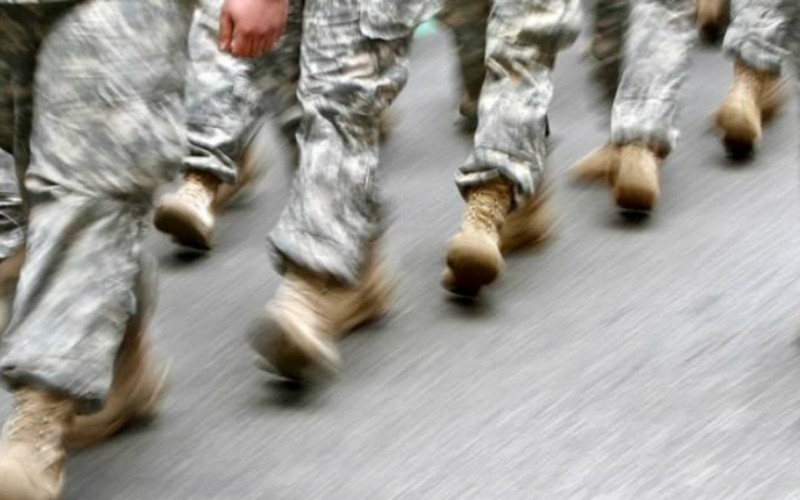Richard Sanchez is the Assistant Special Agent in charge of the Drug Enforcement Administration (DEA) in McAllen, Texas. He oversees three offices in the area, comprising multiple drug enforcement groups and an intelligence group. His team is responsible for 21 counties, more than 350 miles of coastline, and several miles of the southern border.
Clearly, the job of the DEA along the Texas border is not without danger. Sanchez explains that several Mexican cartels impact his area of responsibility – and that the importation of large-scale narcotics, as well as the "reverse importation" of weapons, is a top priority for the teams under his direction.
In fiscal year 2020, for example, the Houston field division – one of the largest divisions within the DEA – seized tens of thousands of pounds of drugs which could have easily hit U.S. streets.
"Specifically," Sanchez tells AFN, "9,811 kilograms of methamphetamine, 323 kilograms of fentanyl, over 10,000 kilograms of cocaine, and roughly 386 kilograms of heroin was seized."
He also notes that fentanyl seizures increased over 200% between 2019 and 2020. Literally, one pill of that opioid can kill; it only takes the equivalent of four grains of salt or 2 mg of fentanyl to kill an individual.
As his team continues the fight against the growing drug trade, Sanchez considers the DEA "at the forefront of keeping the American public safe."
Make an impact by serving
Despite the rise in deaths and addictions attributed to the illegal drug trade, Sanchez chooses to focus on the positive impact that he, his team, and his community can have in the fight against drug use.
"The first path to stopping drug addictions starts in the home," he argues. "But every person in a local community needs to ensure that they're doing their due diligence in taking part in children's lives, more so than just being a neighbor."
Through personal experience, Sanchez says he has learned that "the smallest things have the greatest impact in people's lives."
He also recognizes that the DEA has a responsibility to educate. "All too often, agents [himself included] get focused on the protection part of law enforcement and forget about the serve part."
Toward that end, Sanchez suggests "making a difference by talking to people on a one-on-one level" – and shares that it's very important to him to "feel like I'm influencing people … not through an enforcement arm, but as a service arm."
On October 23, the Drug Enforcement Administration launched its annual week-long Red Ribbon Campaign, the nation's largest drug prevention effort. During the week, the DEA is helping foster opportunities for parents, teachers, educators, and community organizations to raise awareness about substance abuse.
"The DEA is educating and going into the school systems to spend time with children and strengthening bonds within the community where they're needed," Sanchez adds.
The Red Ribbon Campaign began after Mexican drug traffickers tortured and murdered Special Agent Enrique "Kiki" Camarena in March 1985.







